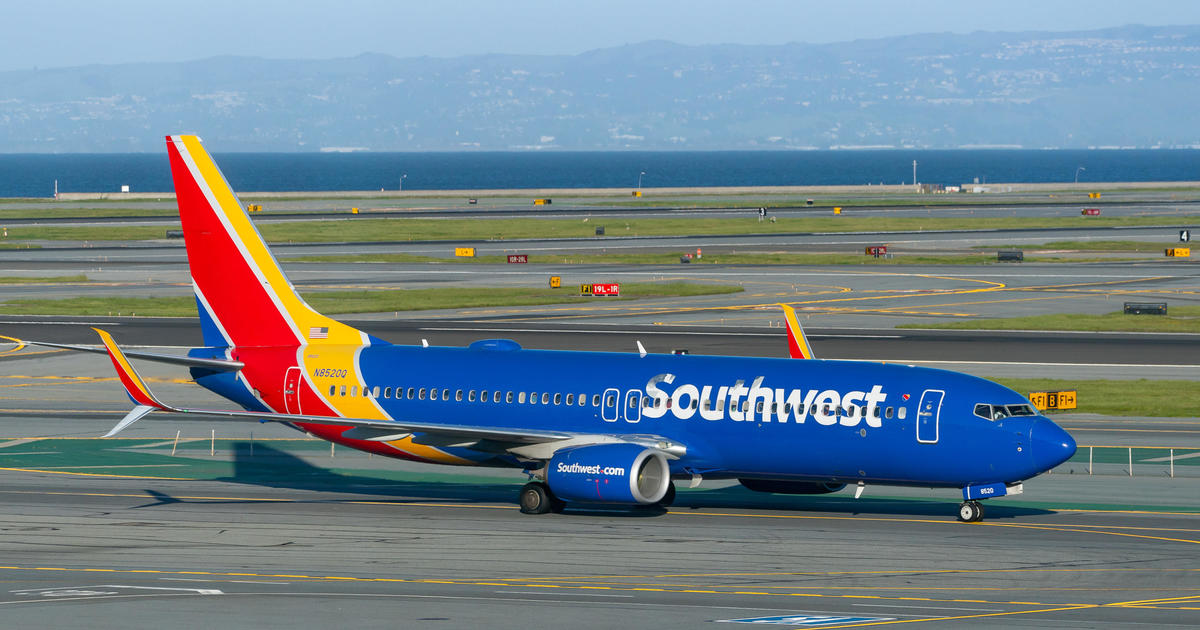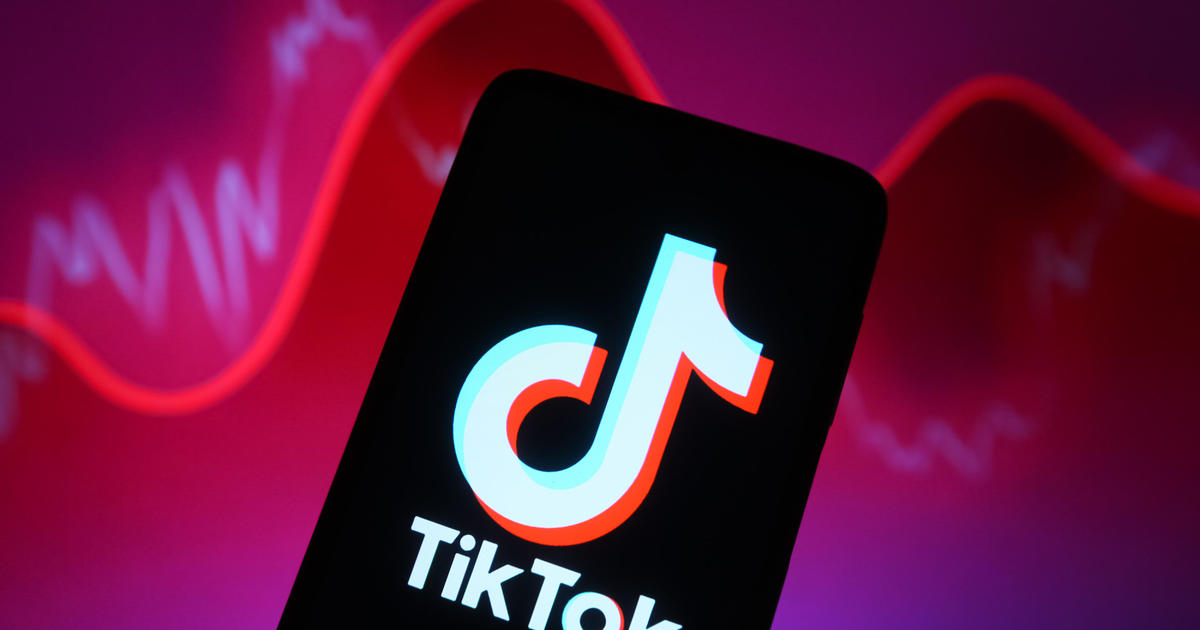Google's "moonshot" projects are crashing to earth
Google’s parent company Alphabet (GOOG) is scaling back its support for money-losing “moonshot” ventures that had little to do with its core search advertising business, as the company’s chief financial officer, Ruth Porat, reins in costs.
According to media reports, the Mountain View, Calif.-based tech giant recently pulled the plug on Titan Aerospace, a maker of solar-powered drones, which it acquired in 2014. Management told the business’ employees to look for other jobs in the company.
Google Fiber, the company’s Internet service provider, reportedly cut 9 percent of its staff, and is pausing or ending operations in 10 cities where it hasn’t fully deployed its service. The venture’s chief executive officer, Craig Barratt, left in October and hasn’t been replaced.
Google reportedly has tried to sell its Boston Dynamics robotics business that it acquired in 2013. Alphabet’s Nest Ventures, which makes Internet-connected thermostats, restructured its operations last year. Nest co-founder and CEO Tony Fadell stepped down last June. Google acquired the company for $3.2 billion in 2014.
The common denominator with these decisions is Porat, a Wall Street veteran who joined the largest search engine provider in 2015. She is holding these ventures accountable for their financial performance. As Fortune notes, these start-ups now need to pay for services they get from Alphabet such as human resources, public relations and legal counsel. After all, they would need to shoulder these expenses themselves if they were independent businesses.
Her moves have won kudos from Wall Street analysts, who have long argued that the company needed fiscal discipline. Some employees, however, are worried that Alphabet’s focus on the bottom line will cause it to miss the next great technological innovation, according to Fortune. In response to investors’ concerns, Alphabet began reporting the results from its moonshots last year as “Other Bets” in its corporate earnings. In the three months ended last Sept. 30, these ventures lost $865 million.
“I don’t think that anyone believes that these investments are significantly restraining the company’s margins or profitability,” said Scott Kessler, an analyst with CFRA who rates Alphabet shares as “outperform,” in an interview. “People see benefits to them spending less and focusing less on these moonshot projects. “
Many of the bets have high-minded aspirations and other challenging aspects that appeal to workers in the hyper-competitive job market in Silicon Valley, where talented employees can command premium compensation packages.
Project Loon, for instance, is an Alphabet venture that seeks to bring Internet service to rural areas using a network of balloons that travel to the edge of space. Another moonshot is called Project Makani, which is developing a new type of wind turbine called an “Energy Kite.” The company has also invested $240 million in Calico, which is conducting research into how to slow the aging process and counter age-related illnesses.
One Alphabet-backed enterprise called Verily has signed deals with pharmaceutical companies -- though as Stat News noted last year, outside scientists have raised concerns about whether its products under development, including a Star Trek-like “Tricorder,” a small wearable health monitor, will ever work.
“People who are working on Other Bets are working in businesses that will be funded, and they have the potential to change the world,” said Gene Munster, a former tech analyst who recently formed a venture capital firm called Loop Ventures. He added that, while some workers may be unhappy about the cuts, “on the whole these employees are really excited.”
One Other Bet that has promise is Alphabet’s self-driving auto technology. According to Kessler, the company holds “leadership position” in this burgeoning area and has logged 2 million miles over the past eight years in driving tests.
As for the other moonshots, Kessler argues that many people are “less than optimistic on a lot of these efforts,” because they are trying to solve difficult problems where solutions have proven to be elusive for many companies.



